Global innovation forum brings together visionaries
Writer: Han Ximin | Editor: Zhang Chanwen | From: Shenzhen Daily | Updated: 2023-11-09
World-renowned structural biologist Yan Nieng, a year after her official announcement to quit her teaching job at Princeton University and join in the establishment of the Shenzhen Medical Academy of Research and Translation (SMART), is once again in the spotlight.
This time, she has realized her dream of becoming the moderator of the fourth Shenzhen Global Innovation Forum of Talents, as well as sharing her experiences in SMART.
Themed “Imagine•Innovate•Create Turn Aspiration into Reality,” the forum was held at the Shenzhen Convention and Exhibition Center in Futian District yesterday, marking the seventh Shenzhen Talent Day and attracting 230 participants on site.
The event invited eight keynote speakers — five prestigious scientists and scholars, a young local entrepreneur, and two gold prize winners at the 2022 World Skills Competition — to share their insights on innovation, talent cultivation, and entrepreneurship.
“Within a year, I have achieved a lot. Last year, I was a returnee just curious observing this city. Now, I call Shenzhen home. I’m here to make more dreams come true. SMART has progressed significantly with the participation of global talents. We will develop into an influential biotech and biomedicine institute,” Yan said.
From a brain child a year ago, SMART aims to have teams of 200 researchers in 10 years, who will specialize in eight health-related fields — infectious diseases, neuroimmunology, mental health and cognitive sciences, rare and difficult diseases, reproductive development and aging, biological interactions, pharmacology and pharmacy, and systems medicine, according to Yan.
Zhu Jiankang, dean of the Institute of Advanced Biotechnology of SUSTech and a member of the U.S. National Academy of Sciences, explained the significant advantages of using plants for genetic experiments, and introduced his own research on plants, fruits, and crops using genetic screening and gene-editing technologies.
Zhu, who started working at SUSTech in January last year, has developed anti-aging technologies and tools via gene editing and modification widely applied in over 100 species such as rice, soybeans, tomatoes and corn during testing.
“Our team has been cooperating with dozens of farming bases for tests around the country. We want to translate frontier anti-aging research into practical and useful applications that benefit the humanity, ” Zhu said.
German professor Franz Raps, dean of the College of Urban Transportation and Logistics, Shenzhen Technology University (SZTU), sees innovation as implementing new ideas to create values and business models for customers, contribute to a country’s GDP, and solve the wealth gap.
“The role of a university is to cultivate young, innovative talents. SZTU benchmarks the German system of universities of applied sciences, which means we focus on three important aspects: research, teaching and practice,” Raps said. Most universities nowadays focus on teaching and research, instead of practice. Raps thinks practice is very important because innovation can only be achieved when it is combined with practice.
“SZTU has a good creative environment for students to practice skills such as drone operation, robotics, and racing car studios which are integrated with the teaching plans in the classrooms,” Raps noted. SZTU’s studios are affiliated with companies that help students practice in real life scenarios, going further than just learning from their books.
In a video link, Xu Yangsheng, president of CUHK-Shenzhen, thought innovation is a kind of culture, in which Shenzhen has its own characteristics. Innovation culture should be able to cultivate people’s ability in independent thinking and create an atmosphere that integrates with multiple cultures.
“Shenzhen, as a migrant city, has an innovation culture that is rarely seen in other places in the world. People with different backgrounds form different places gather together and create an innovation culture, ” Xu said.
Shenzhen’s innovation culture is also manifested through its complete industrial chain system which provides good environment for the cultivation and growth of innovative talents, who constitute the city’s innovation culture, according to Xu. He cited the university as an example, which has attracted 600-700 scientists and researchers from around the world who engage in various fields like AI, digital technology, materials science, and chemistry.
“Shenzhen is doing a good job in retaining its talents by providing great benefits such as education, health care, transportation, and more importantly, platforms where they can work well and utilize their abilities,” Xu said. These global talents in turn can further cultivate a new generation of talents and lead the city’s talent growth, Xu added.
In 2017, the city declared Nov. 1 as Shenzhen Talent Day to underscore its high regard for talents. According to the city’s talent affairs bureau, Shenzhen now boasts 22,000 high-level professionals, 190,000 overseas-educated personnel, and 86 full-time academicians. The total number of all kinds of talents has reached 6.79 million.
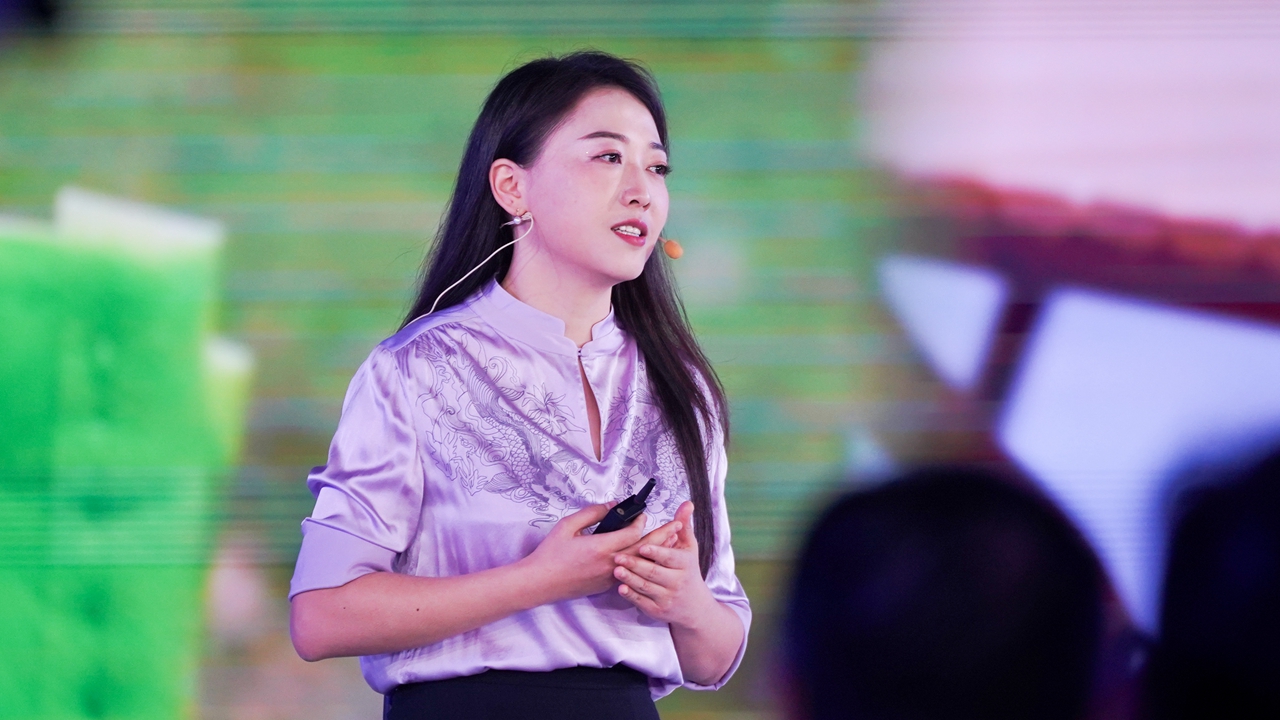
Peng Xin, founder of Shenzhen-based new-style tea chain Naixue, speaks at the fourth Shenzhen Global Innovation Forum of Talents at the Shenzhen Convention and Exhibition Center in Futian District yesterday. She said innovation has always been the primary driving force behind Shenzhen’s development and her company will be dedicated to innovating and promoting China’s tea culture globally. Founded in 2015 and formerly known as Nayuki, the company is one of the widely known tea shops in the country. Photos by Wang Haolan except otherwise stated
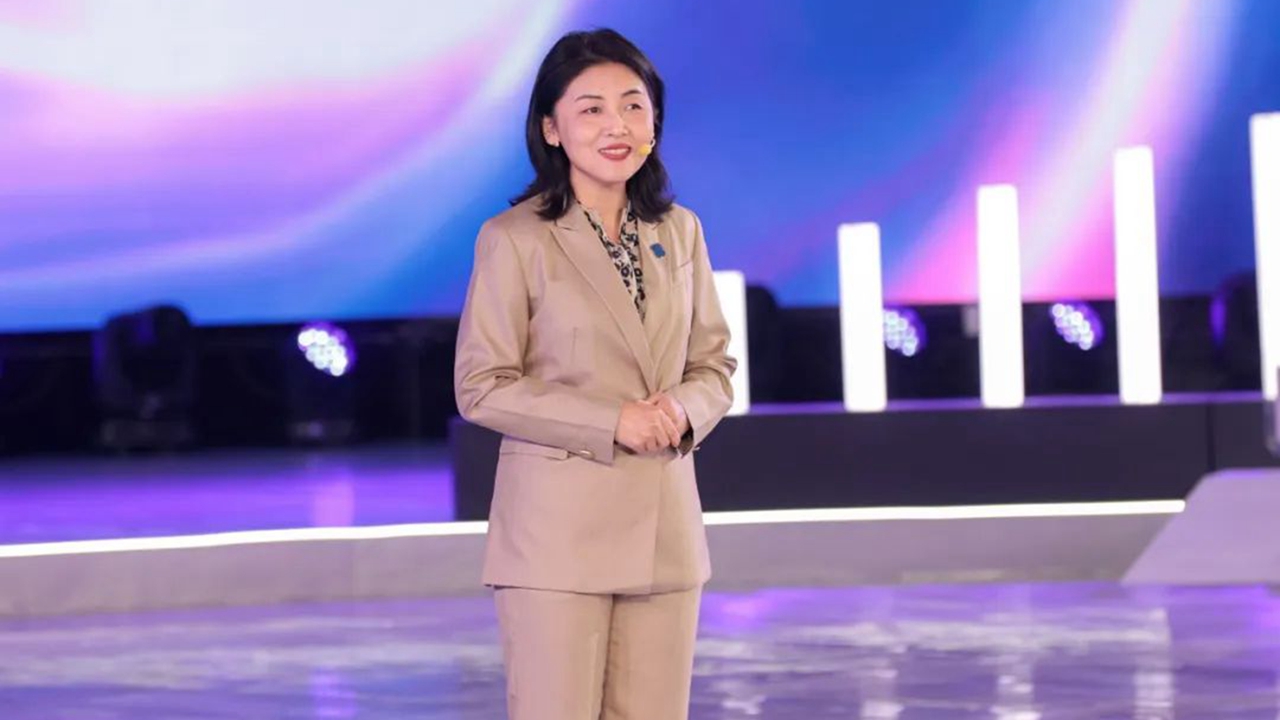
Structural biologist Yan Nieng moderates the fourth Shenzhen Global Innovation Forum of Talents yesterday. Photo from DT News

Peng Xin speaks at the forum.
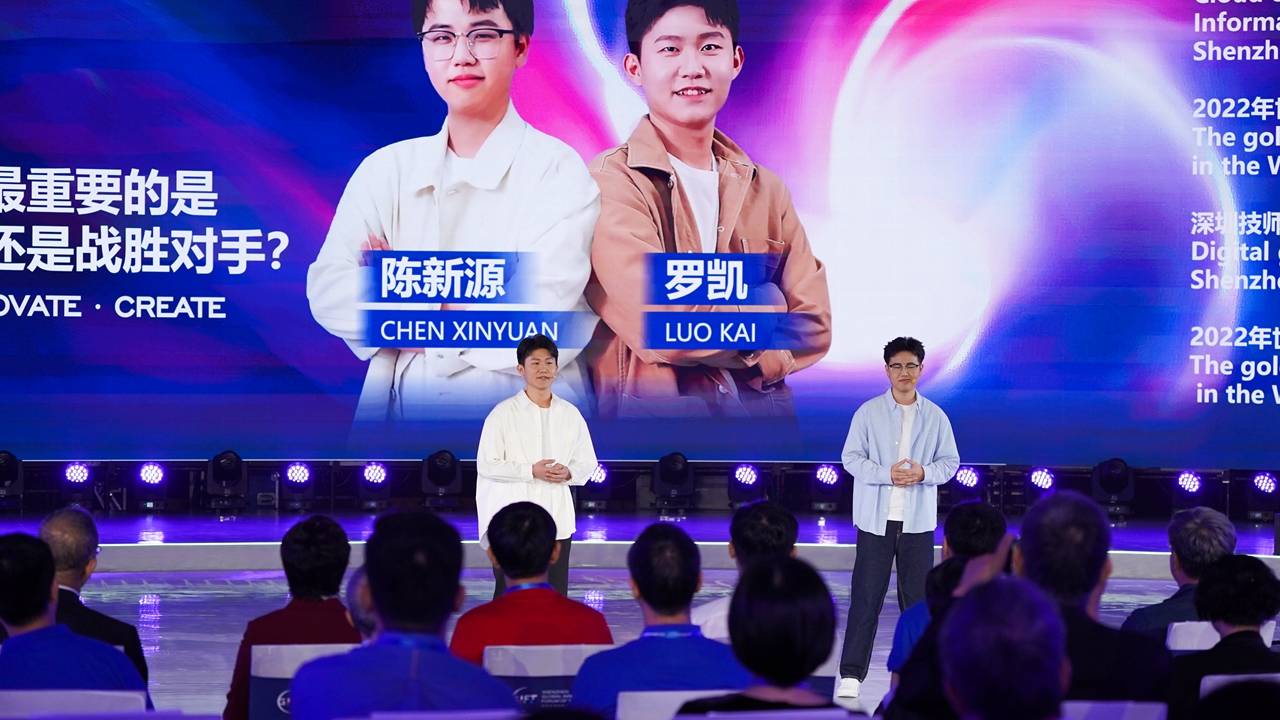
Speakers Chen Xinyuan (R) and Luo Kai share their insights on innovation at the forum.
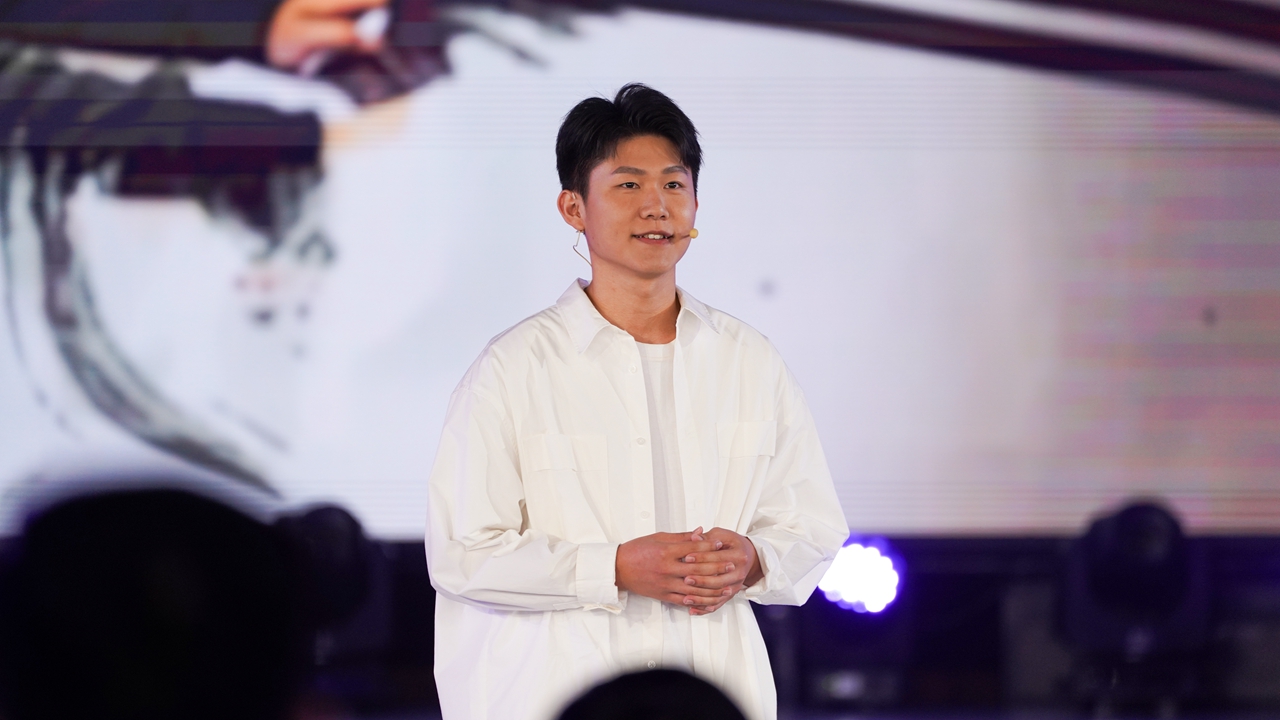
Luo Kai gives a speech at the forum.
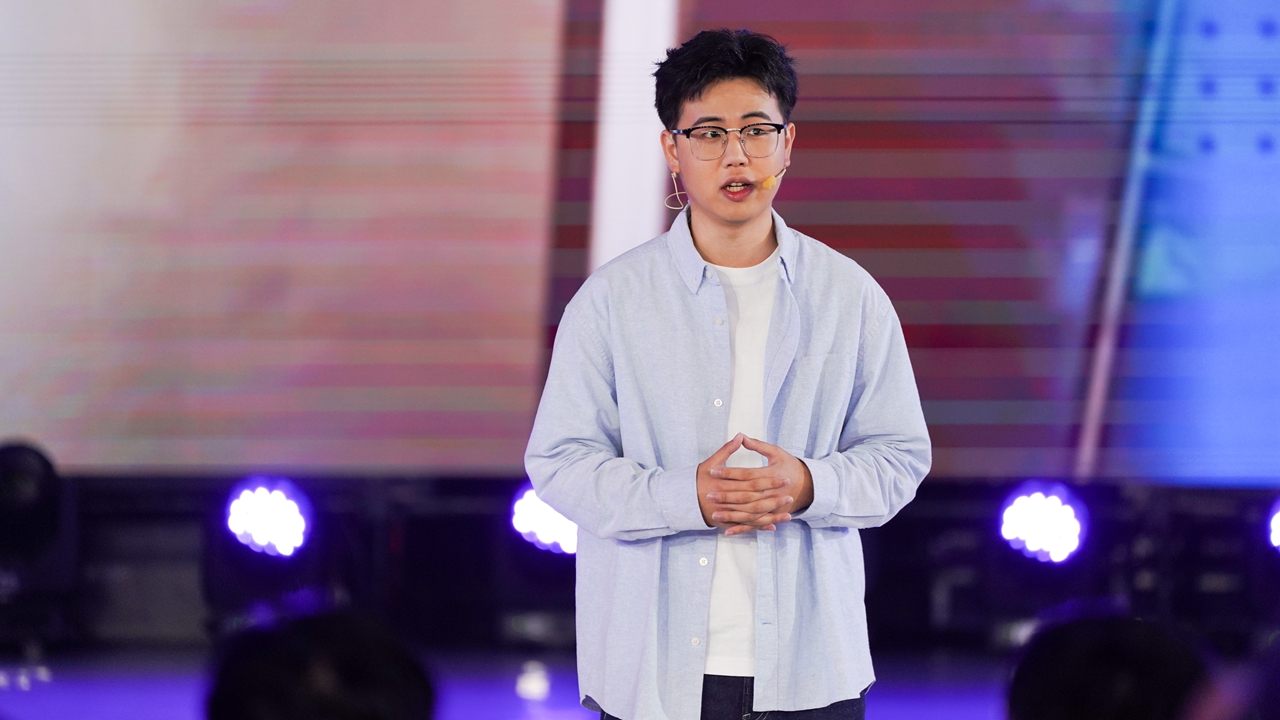
Chen Xinyuan gives a speech at the forum.

Franz Raps, dean of the College of Urban Transportation and Logistics of Shenzhen Technology University, speaks at the forum. Photo from DT News
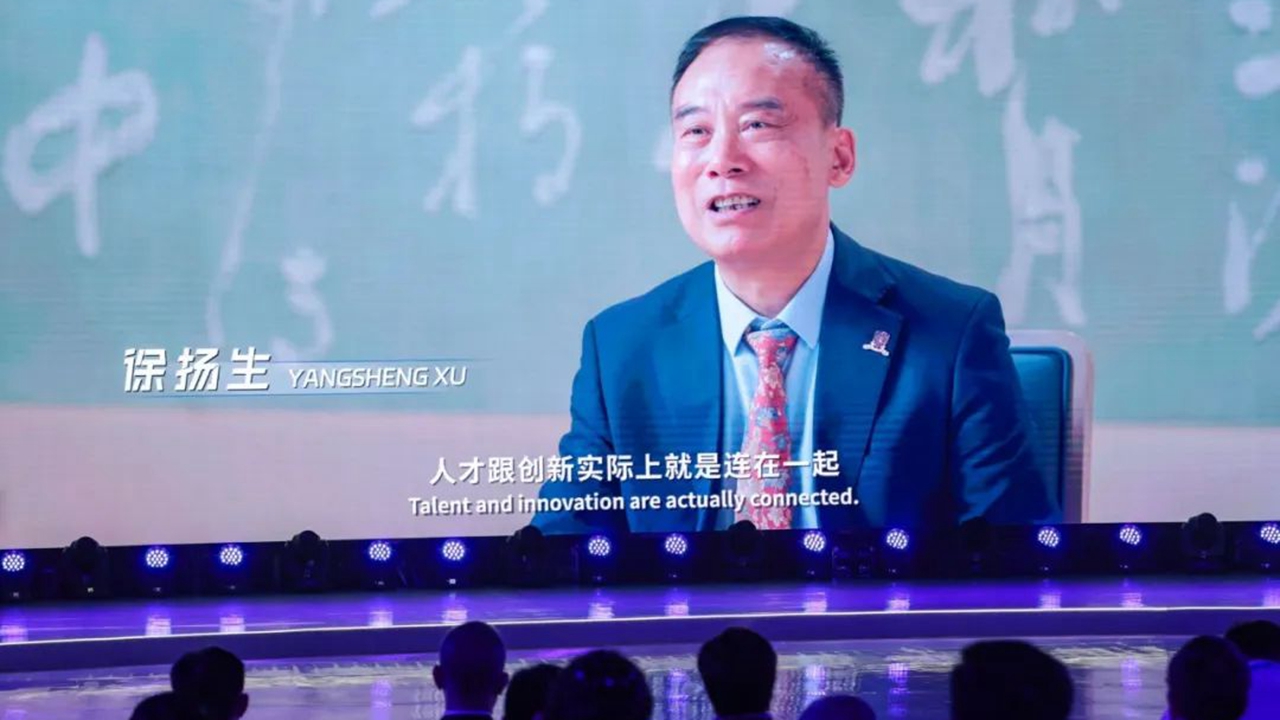
Xu Yangsheng, president of the Chinese University of Hong Kong, Shenzhen, delivers a speech via a video. Photo from DT News